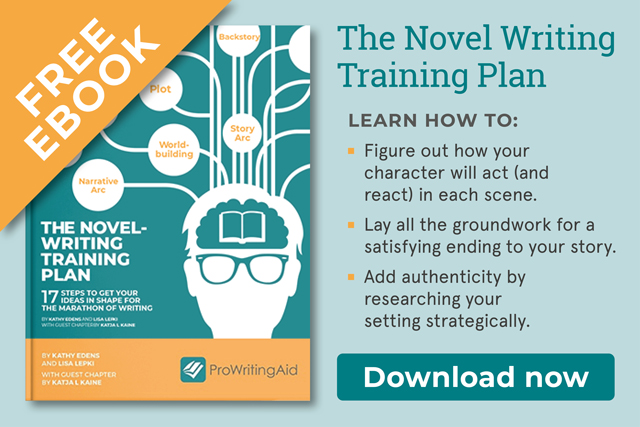
Want to get better at writing books? Try reading these ones.
Here are ten great books I’ve found immensely helpful at improving my work. You may recognize some, but I hope you’ll find new works to enjoy as well. Here we go!
1. Wonderbook: The Illustrated Guide to Creating Imaginative Fiction by Jeff VanderMeer
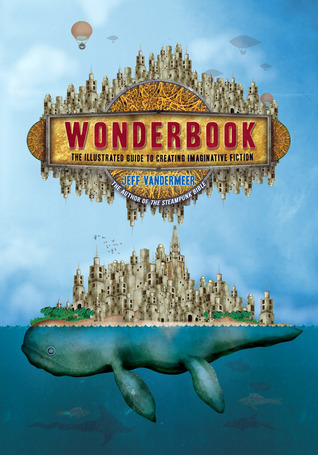
This is perhaps the most fun I’ve ever had reading a book on craft. Wonderbook is packed with extensive text, yes. But it also has pictures!
I realize I might sound like a little kid here, but the imagery really does add so much. There are imaginative illustrations on every page, many of which are diagrams that reinforce concepts introduced in the text. Wonderbook also features supplemental essays by such luminaries as Ursula K. Le Guin, Neil Gaiman, and George R.R. Martin.
The bulk of the book is written by Jeff VanderMeer, who many will know as the author of the Southern Reach trilogy. Wonderbook is written for those writing in VanderMeer’s vein—specifically speculative fiction, fantasy, science-fiction, and horror. However, I believe every writer will benefit from this book. It covers all the essentials of great stories, and so much more. Plus, it’s just plain fun to read.
2. Zen in the Art of Writing by Ray Bradbury
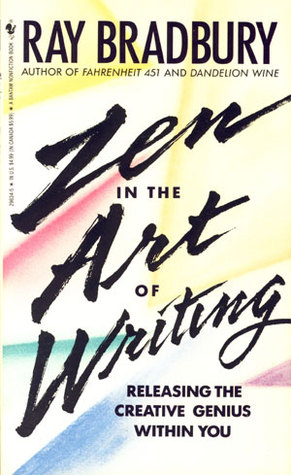
A little-known Bradbury gem, this slim volume collects several of his essays on the subject of—you guessed it—writing.
What makes Zen in the Art of Writing unique is Bradbury’s encouraging voice. I know many writers who are overwhelmed by writing advice. That won’t be the case here. In this book, you’ll meet a guy who loved what he did, and wanted others to love it just as much. A true joy to read.
3. Pity the Reader: On Writing with Style by Kurt Vonnegut and Suzanne McConnell
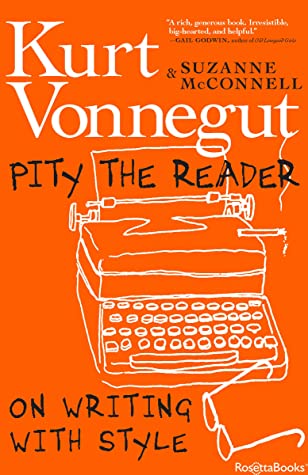
I get the marketing reasons behind billing this as a Vonnegut work, but this is really a book primarily by Suzanne McConnell. Pity the Reader collects her recollections and correspondences with her writing teacher, who just so happened to be Kurt Vonnegut.
There are lots of Kurt in excerpts and letters scattered throughout, but this is mostly McConnell telling us what she learned about the craft from him. A fun and practical guide that covers a wide array of writerly topics.
4. Bird by Bird by Anne Lamott
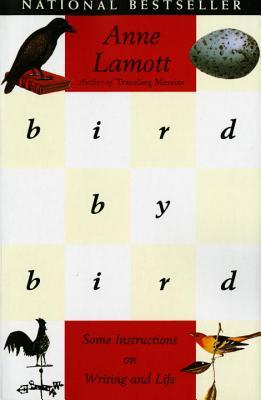
Though many entries on this list deal with the technical specificities of writing, Bird by Bird leans far more into the personal aspects of writing. It’s as much a memoir of Lamott’s experiences as a writer as it is a practical guide.
She offers several personal anecdotes that illustrate the idiosyncrasies of the writing life, such as a time she felt she was treated unfairly by her publisher. Though we may not share the exact experiences she does, many will empathize with Lamott’s feelings.
My favorite lesson from the book is in the title. I won’t spoil it for you—I’ll just say that it’s outstanding advice encapsulated in one pithy phrase.
5. How to Write Funny by Scott Dikkers
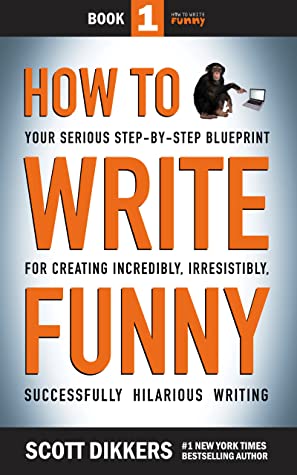
The most uplifting message of this book comes in the first few pages: Anyone can learn to be funny. You just need the right tools.
I know what you might be thinking: If I don’t write comedy, why should I read this book? Well, I’d argue that virtually every piece of writing can benefit from a sprinkle of humor. Notice how even the bleakest dramas toss in jokes once in a while, just to make things bearable. Or notice how humor often goes hand-in-hand with even the goriest horror. No matter what you write, a well-timed laugh can be pitch perfect.
Okay, if you write finance articles for multi-million dollar investment firms, maybe this isn’t the book for you. But for most other writers, understanding humor can be a huge boon for your work.
6. Daemon Voices by Philip Pullman
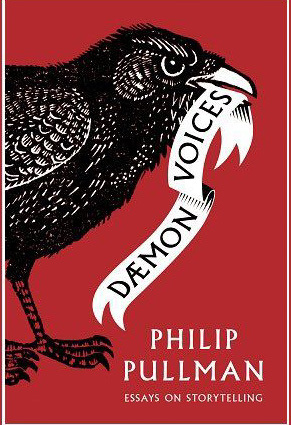
Despite the ominous title, this is another welcome addition to our list. Pullman explores many topics that I don’t often hear discussed by writers. For example, he strongly believes that writers should get paid for what they write, and that we shouldn’t feel ashamed for doing so. You’ll have to read the book to find out his reasoning. In another essay, Pullman uses a Robert Frost poem to illustrate which elements should appear in a story and which should remain in the periphery.
An excellent overview of several important writing topics.
7. Plot & Structure by James Scott Bell

In Plot & Structure, Bell presents the basics and the advanced concepts of each with equal skill. For that reason, I think this is an excellent book for both beginning and established writers. A little dry compared with some of the entries on this list, but impactful and educational.
8. The Elements of Style by William Strunk Jr. and E.B. White
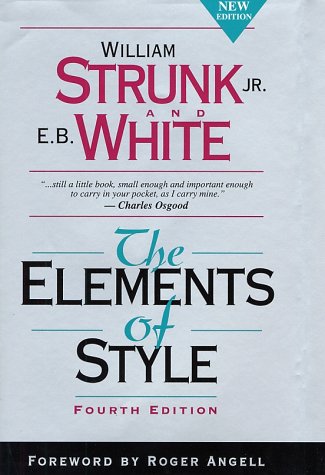
This one is essential.
Though it’s now over 100 years old, The Elements of Style has lost none of its relevance. This book deals not with plot or storytelling, but with word choice, grammar, punctuation, and sentence structure.
If you haven’t read it before, you might think those are boring subjects. And I’ll confess, this book isn’t nearly as fun as something like Wonderbook. However, of all the entries on this list, it will likely be the one to improve your writing most.
Why? Because if you follow Strunk and White’s advice, your writing will become more direct and concise—and therefore more readable. Plus, it’s only about 150 pages, so you could finish it in a weekend or so. Give it a try!
Looking for More on Writing Well?
ProWritingAid was created by writers, for writers and was built on many of the principles you’ll find in these books. With reports on writing style, readability, repeated words, pacing, structure, and more, ProWritingAid helps you keep the techniques you’ll learn from these authors at your fingertips as you write and edit.
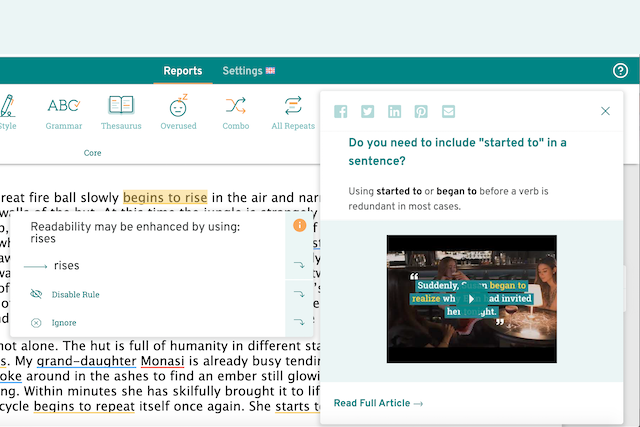
With built-in learning resources and a whole library of writing advice included, ProWritingAid keeps everything you need to become a better writer in once place.
9. Steering the Craft by Ursula K. Le Guin
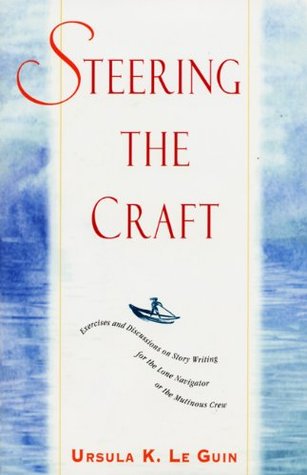
Another slim edition, this book offers direct and helpful writing advice on topics ranging from series arc to the writing industry itself. Perhaps its defining feature is suggested in the title: Le Guin uses seafaring as an extended metaphor for writing. It works very well and never gets (excuse the pun) dry. Even if you’re not familiar with Le Guin’s fiction, I believe you will want to be after you read this book.
10. On Writing: A Memoir of the Craft by Stephen King
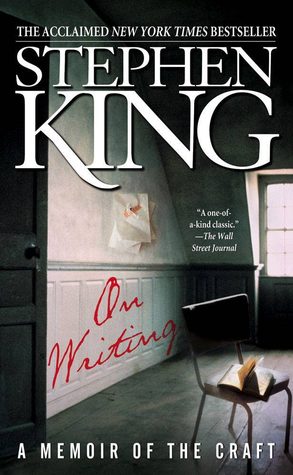
Even people who don’t like King’s fiction will admit that they liked this book. It’s that good.
Part of its success, I believe, is in King’s tone. He lets readers know upfront that he isn’t an expert, despite his success, and that everything in the book is merely what works for him. What follows is part instructional guide and part memoir about his experiences with writing. King is open and frank, discussing his successes and failures as a writer. He never guarantees success, but he shares a plethora of suggestions about what works for him and others like him.
Perhaps the greatest success of On Writing is its positivity. Like Zen in the Art of Writing, this book will inspire you. It’s perhaps my favorite book on the list. I’m probably due for a re-read by now, so if you’ll excuse me…
Over to You
What books did I miss? Which ones have inspired you most? Let me know in the comments.

